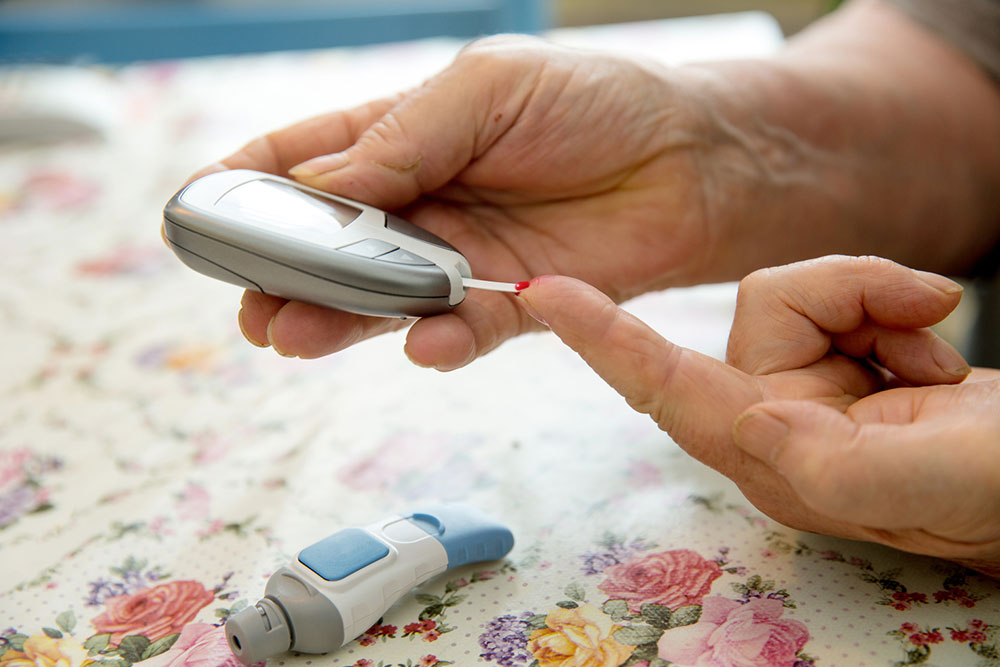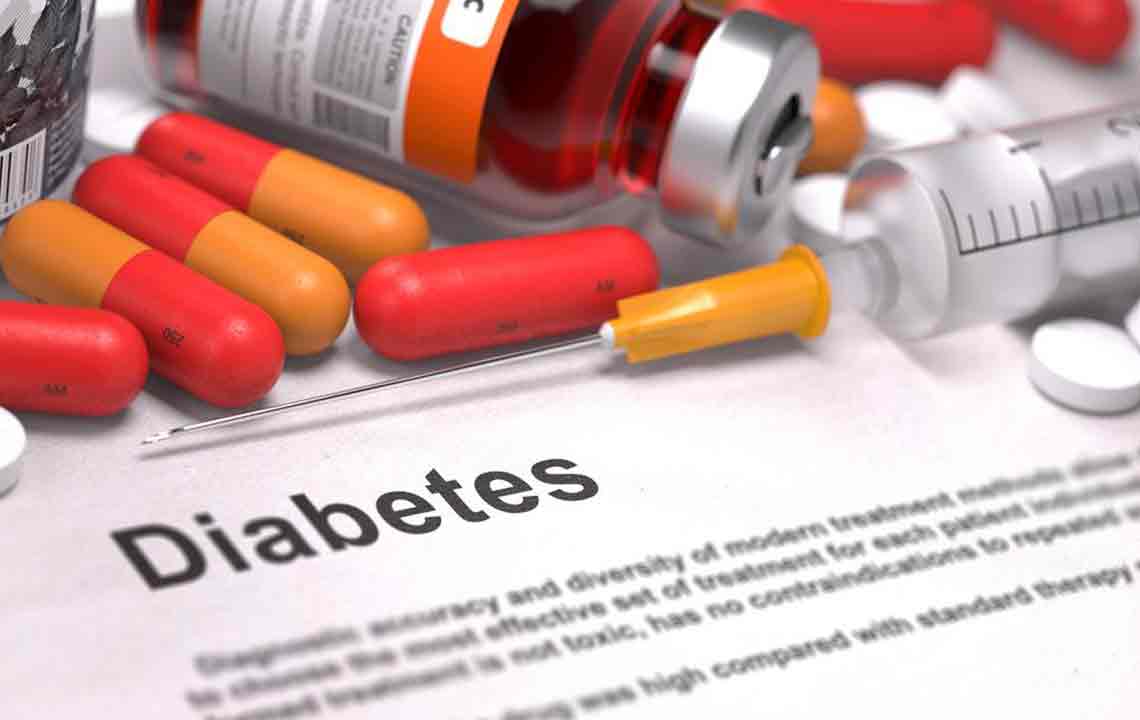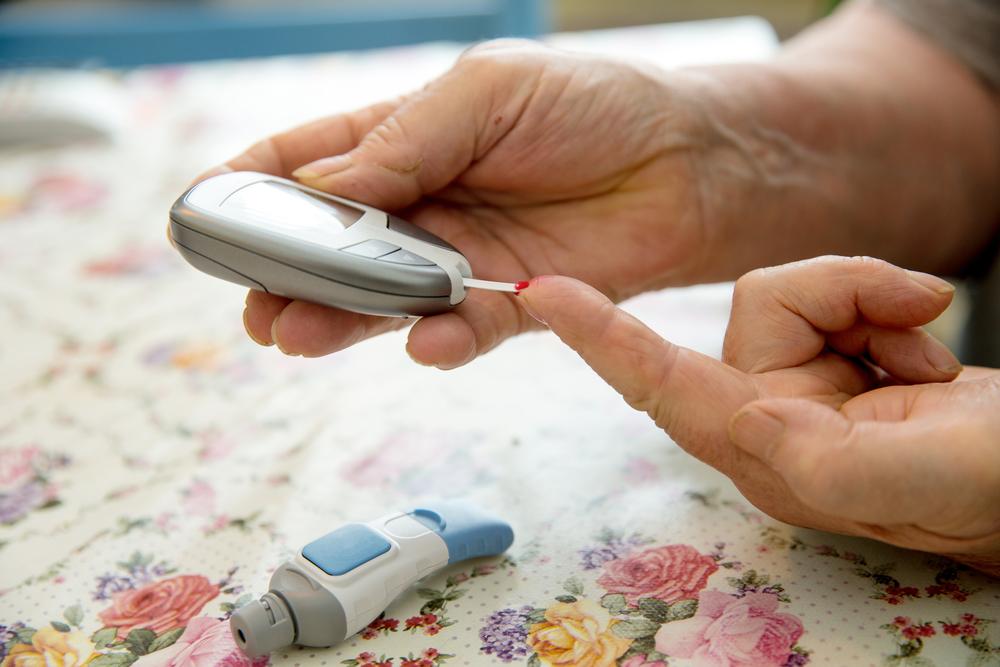Effective Strategies for Managing and Controlling Type 2 Diabetes
Discover effective methods for managing and controlling Type 2 diabetes through lifestyle changes, medication, and regular monitoring. Learn about diagnosis, symptoms, and personalized treatment strategies to lead a healthier life with this condition.

Comprehensive Approach to Understanding and Managing Type 2 Diabetes
Type 2 diabetes is a chronic condition that can often be managed successfully through proper medical care and lifestyle adjustments. Commonly diagnosed in people over 45, if untreated, it can cause serious health issues such as cardiovascular problems, vision impairment, kidney damage, and stroke. Symptoms may include frequent urination, slow-healing cuts, tiredness, and blurred vision. With the right interventions, individuals can lead healthy and balanced lives despite their diagnosis.
Diagnosing Type 2 Diabetes
Glycated Hemoglobin (A1C) Test: Evaluates average blood sugar over months. A result of 6.5% or more indicates diabetes. 5.7%-6.4% suggests prediabetes; below 5.7% is normal. No fasting needed; simple blood test sent to lab.
Fasting Blood Glucose Test: Requires fasting overnight before blood sample collection. Values of 126 mg/dL or higher confirm diabetes; 100-125 mg/dL indicates prediabetes; less than 100 mg/dL is normal. Stress can affect results.
Random Blood Glucose Test: Can be done anytime without fasting. A reading of 200 mg/dL or above, along with symptoms, confirms diabetes. Useful for quick screening.
Confirmed diagnosis guides personalized treatment plans for each individual.
Managing and Controlling Type 2 Diabetes
Healthy Eating Habits: Prioritize fruits, vegetables, whole grains, and low glycemic index foods. High-fiber options help stabilize blood sugar. Consulting a nutritionist can help develop tailored meal strategies.
Consistent Physical Activity: Engaging in walking, cycling, swimming, or yoga is vital. Regular exercise assists in lowering blood glucose and enhances overall well-being.
Medication and Insulin Therapy: Some patients may need medications or insulin if lifestyle changes are insufficient. Medical advice will customize treatment approaches.
Blood Sugar Monitoring: Regular tracking is essential to assess progress and prevent complications. Understanding how lifestyle and other factors affect blood sugar is beneficial.
Early detection combined with disciplined management through diet, exercise, and medical care is fundamental to controlling Type 2 diabetes and maintaining good health.


